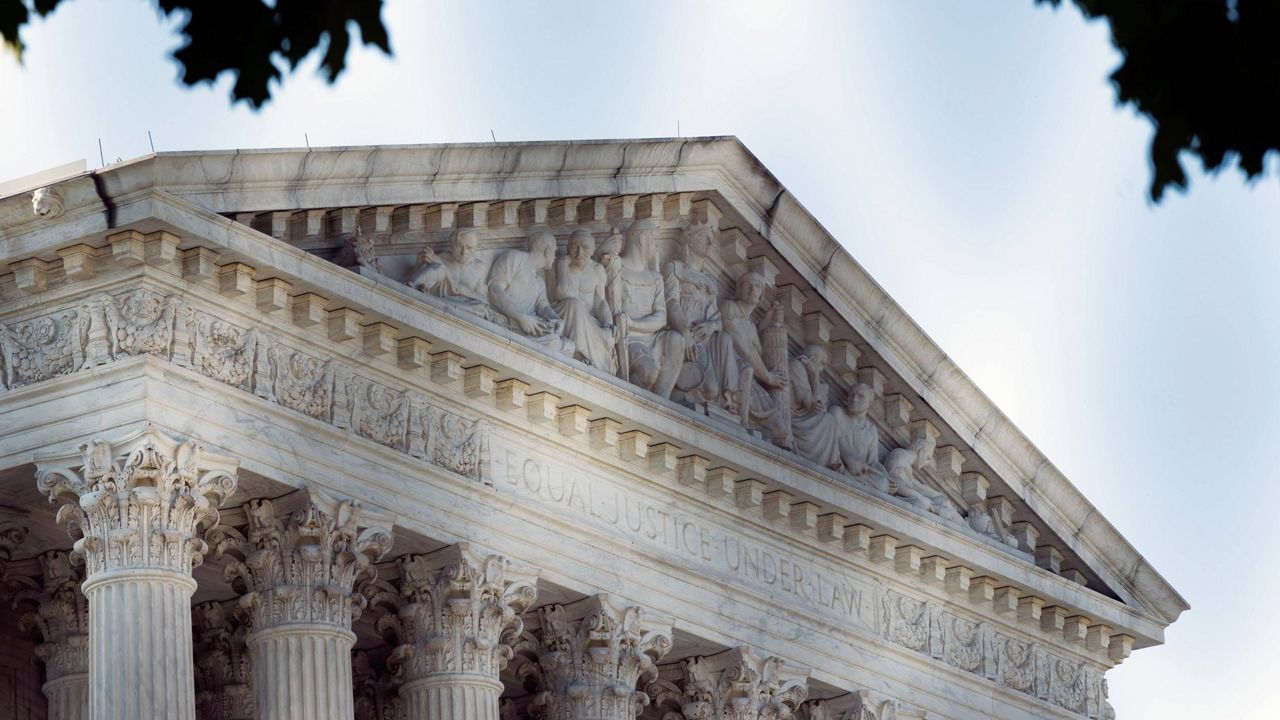On Tuesday, the Supreme Court ruled that religious schools cannot be excluded from a Maine program that offers tuition aid for private education, a decision that could ease religious organizations' access to taxpayer money.
In the 6-3 decision along the court’s ideological lines, the high court ruled that Maine’s prohibition on sectarian schools from receiving public funds through the state’s “tuitioning” program violates the First Amendment’s free exercise clause.
The opinion was written by Chief Justice John Roberts, who was joined by Justices Clarence Thomas, Samuel Alito, Neil Gorsuch, Brett Kavanaugh and Amy Coney Barrett. Liberal jurists Stephen Breyer, Elena Kagan and Sonia Sotomayor filed a dissenting opinion.
“Maine’s nonsectarian requirement for its otherwise generally available tuition assistance payments violates the Free Exercise Clause of the First Amendment,” wrote Roberts. “Regardless of how the benefit and restriction are described, the program operates to identify and exclude otherwise eligible schools on the basis of their religious exercise.”
In the dissent, Justice Stephen Breyer wrote that the court had "never previously held what the Court holds today, namely, that a State must (not may) use state funds to pay for religious education as part of a tuition program designed to ensure the provision of free statewide public school education."
“Today, the Court leads us to a place where separation of church and state becomes a constitutional violation,” wrote Justice Sonia Sotomayor in her dissent. “If a State cannot offer subsidies to its citizens without being required to fund religious exercise, any State that values its historic antiestablishment interests more than this Court does will have to curtail the support it offers to its citizens."
Maine’s school “tuitioning” system covers the costs for rural students who don't have a public secondary school in their district to attend an out-of-district school, including one out of state.
The money can be applied toward private-school tuition, but at the time the case was brought forward, the private institution had to be “nonsectarian,” according to Maine law.
Several parents of children who were denied tuition assistance to attend religious high schools sued the state, claiming that Maine’s tuition assistance program violated their First Amendment rights to freely express their faith.
The outcome of the ruling on Tuesday could fuel a renewed push for school choice programs in some of the 18 states that have so far not directed taxpayer money to private, religious education.
The most immediate effect of the court’s decision beyond Maine may be felt in neighboring Vermont, which has a similar program.
The ruling is the latest in a line of decisions from the Supreme Court that have favored religion-based discrimination claims. The court is separately weighing the case of a football coach who says he has a First Amendment right to pray at midfield immediately after games.



